Anne Applebaum
Pulitzer Prize winning Historian, Staff Writer, The Atlantic
Ukrainian history is central to global history, to an extent that can be hard to bear and hard to acknowledge. In this light, the connections between the present war and larger developments in global economy and politics are no surprise.
Ukrainian History Global Initiative seeks a new empirical and conceptual understanding, using an innovative approach across disciplines and application of new technologies to write history today. It is seeking indirectly to answer fundamental questions such as: who are we? how was a nation possible?

10.09.2025
06.10.2025
24.09.2025
10.09.2025
08.08.2025
Ukrainian History Global Initiative is a major new project in the humanities, social sciences, and sciences, with the goal of establishing a scholarly and accessible presentation of the deep history of the lands of contemporary Ukraine and the peoples who have inhabited them. It aims to generate a new model of synthetic public history.
Since trends in Ukrainian history correspond to trends in global history, the project commits its participants to pursue thematic research rather than national history in any traditional sense. Global history is not flat and homogenous, but a multiplicity of themes in which certain important ones are quite significantly related to the lands and peoples of contemporary Ukraine. Participants will seek these connections from the earliest periods. Although most participants are historians, the project accordingly invites natural history, zoology, paleontology, and archeology to the study of the region and its peoples. New technologies have enabled rapid advances in understanding, and these innovative methods will be supported. Rather than seeking a teleology or just-so story that leads to contemporary Ukraine, the project will seek new empirical and conceptual understanding at every point, seeking indirectly to answer fundamental questions such as: who are we? how was a nation possible?
Ukrainian history is not marginal, but central, to an extent that can be hard to bear, and hard to acknowledge. This can be seen at every stage, from the role of the Yamna in the spread of what will become Indo-European languages; the synthesis of Scythia and the Bosporus Kingdom with ancient Athens in the development of classical culture; the formation of Rus as a unique yet exemplary medieval state with Slavic, Viking, Byzantine, Khazar, and west European elements; the appearance of the Cossacks as an early anti-colonial or proto-national entity; and the centrality of Ukraine to both Soviet and Nazi views of global transformation. In this light, the connections between the present war and larger developments in global economy and politics are no surprise. Though it will conclude with a treatment of the Russo-Ukrainian war, the project lays heavy emphasis on early periods of history, and is concerned with creation more than with destruction. As such, it endeavors to include all approaches to history as well as to engage other humanities, such as literature and philosophy.
Such a project must be institutionalized and collaborative. Ukrainian History Global Initiative is a charitable foundation registered in the United Kingdom. It will support the work of roughly ninety scholars engaged in roughly seventy themes over the course of three years. Three larger conferences will be held. Scholars will carry out research as they see fit, but will be expected to engage colleagues to seek connections and coherence among the themes, including in workshops (that will be funded). Colleagues will find connections during research that are unseen now, and these will enable a coherent final presentation, one that, in the nature of things, cannot be predicted now. This spirit of collaboration across fields and disciplines is essential to the undertaking. Each individual contribution will be all the more significant in its connections to others and to the whole.
Participants are therefore expected, from the beginning, to follow the work of colleagues as they undertake their own. Numerous workshops, initiated by participants, will be funded to enable this. Three larger conferences will also enable a grander view of the project as a whole. At the end of three years, scholars will submit three texts: one at the length of approximately 30,000 words with full scholarly apparatus and illustrations as appropriate; one at the length of 3,000 words, and one at the length of 1,000 words. All of these texts are to be written accessibly, to be read by a general public. This accessibility is an indispensable element of the project. Translation, editing, and research support will be available. Scholars will be in regular contact with the management team, and expected to produce drafts for discussion at regular intervals. A historical advisory council will be among those commenting on drafts. Ukrainian History Global Initiative is designed, in other words, to facilitate excellence in research among invited scholars, and to generate a collective project of which all can be proud.

Pulitzer Prize winning Historian, Staff Writer, The Atlantic
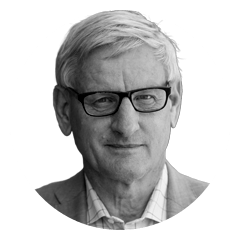
Chair
Co-Chair European Council on Foreign Relations, Minister for Foreign Affairs of Sweden (2006-2014); Prime Minister of Sweden (1991-1994)
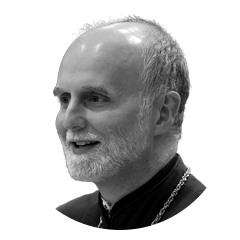
Metropolitan Archbishop of Philadelphia of the Ukrainian Greek Catholic Church, President of Ukrainian Catholic University
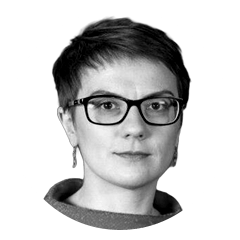
Journalist specialized in conflict reporting, human rights, Co-Founder of Public Interest Journalism Lab, Co-Founder of the independent media Hromadske
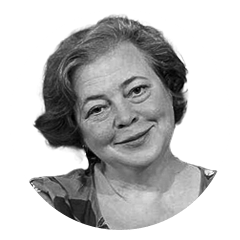
Ukrainian journalist, Сo-Founder, Editor-in-chief of prominent Ukrainian newspaper “Mirror of the week” (ZN.UA)

Founder, Author of the idea of the project
Ukrainian Philanthropist and Businessman

Lawyer, Professor of the Public Understanding of Law, University College London
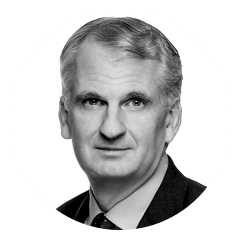
Ex officio as a Chair of the International Academic Advisory Council
Chair in Modern European History, Supported by the Temerty Endowment for Ukrainian Studies; Director, Public History Lab; Professor, Munk School of Global Affairs & Public Policy, University of Toronto
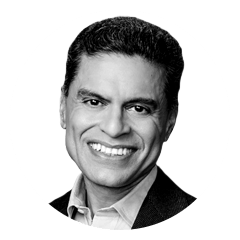
Host of Fareed Zakaria GPS on CNN, Columnist for The Washington Post
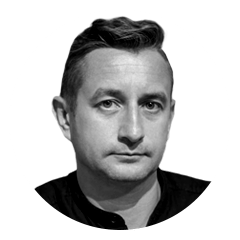
Ukrainian Poet and Novelist

Chair, General Editor
Chair in Modern European History, Supported by the Temerty Endowment for Ukrainian Studies; Director, Public History Lab; Professor, Munk School of Global Affairs & Public Policy, University of Toronto
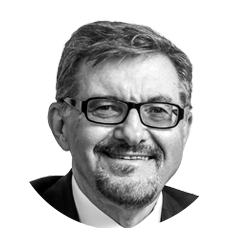
Co-chair
Mykhailo S. Hrushevs'kyi Professor of Ukrainian History, Department of History, Harvard University
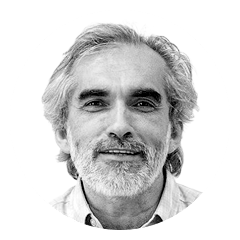
Co-chair
Professor, Ukrainian Catholic University, Director of the Institute of Historical Research at Lviv National University
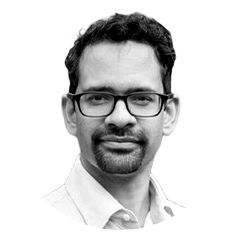
Renu and Anand Dhawan Professor of History; Associate DGS, History, Yale University
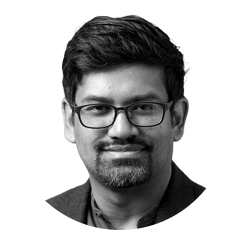
Associate Professor of History, Yale University
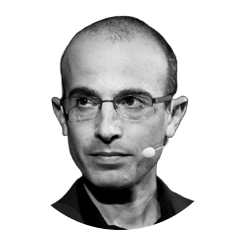
Philosopher, Professor, Hebrew University of Jerusalem
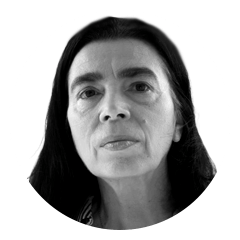
Translator, Essayist, Professor of Cultural Studies, Warsaw University, Associate Professor at Kyiv Mohyla Academy
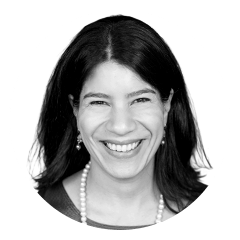
X.D. and Nancy Yang Professor, Coolidge Professor of History, Harvard University

John W. and Jeanne M. Rowe Chair of Byzantine History, Vilas Distinguished Achievement Professor, University of Wisconsin Madison
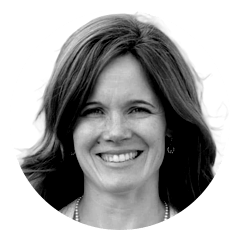
Director, Imperiia Project, Lecturer on History, Harvard University
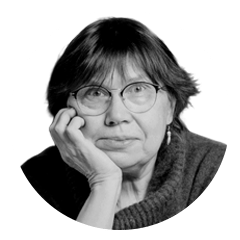
Founder and Director, Polish Center of Holocaust Research, Institute of Philosophy and Sociology at the Polish Academy of Sciences in Warsaw
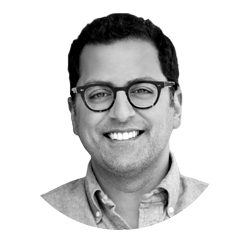
Associate Professor of History, Yale University
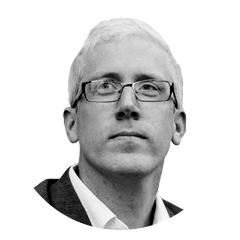
Professor of Ukrainian Studies at the University of Cambridge and a Fellow of Robinson College, Cambridge

Professor of European Studies in the University of Oxford, Isaiah Berlin Professorial Fellow at St Antony’s College, Oxford, and a Senior Fellow at the Hoover Institution, Stanford University
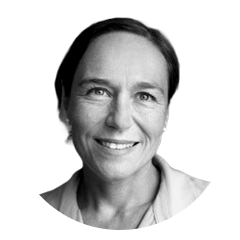
Professor, Endowed Chair in Judaic Studies, UC San Diego
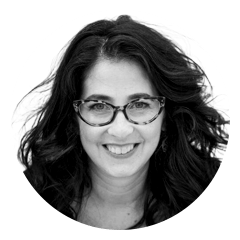
Chair in European Intellectual History, Supported by the Temerty Endowment for Ukrainian Studies; Professor, Munk School of Global Affairs & Public Policy, University of Toronto
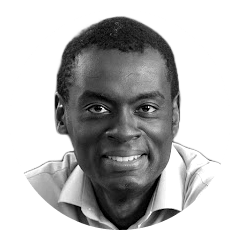
Associate Professor of History, University of Pretoria
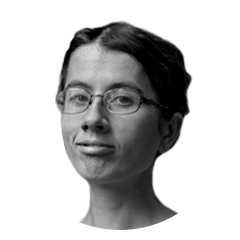
Researcher at the European University Institute in Florence, Italy

Permanent Fellow, Director, Ukraine in European Dialogue program, Institute for Human Sciences

Head, Human Rights and War Memorialization Centre, Kyiv School of Economics, Head, Ukrainian Institute of National Memory (2019-2024)
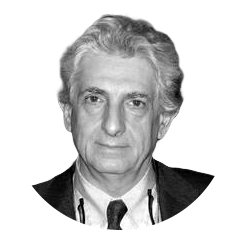
Professor of Modern History, Università di Napoli Federico II
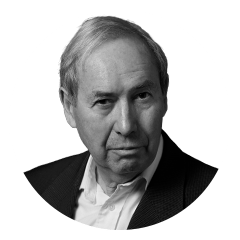
Cornelius Vanderbilt Distinguished Chair of History Emeritus, Professor of History, Vanderbilt University
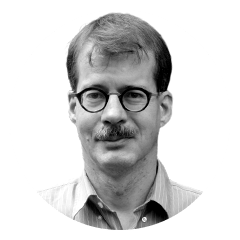
Professor of Near Eastern Languages and Civilizations, Yale University
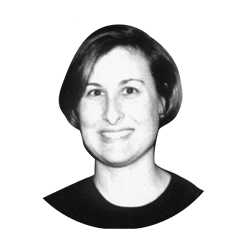
Executive Editor, American and World History, Academic and Trade, Oxford University Press

Associate Professor of History, University of Maryland
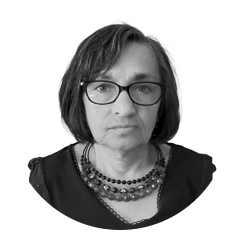
Professor of History, Ukrainian Catholic University

William K. and Marilyn Milton Simpson Professor of Classics and History, Professor Yale School of the Environment, and Senior Research Scholar in Law, Yale University
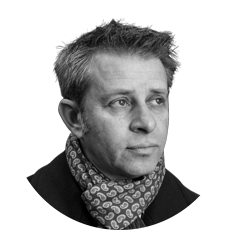
Professor of Comparative Archaeology, Institute of Archaeology, University College London
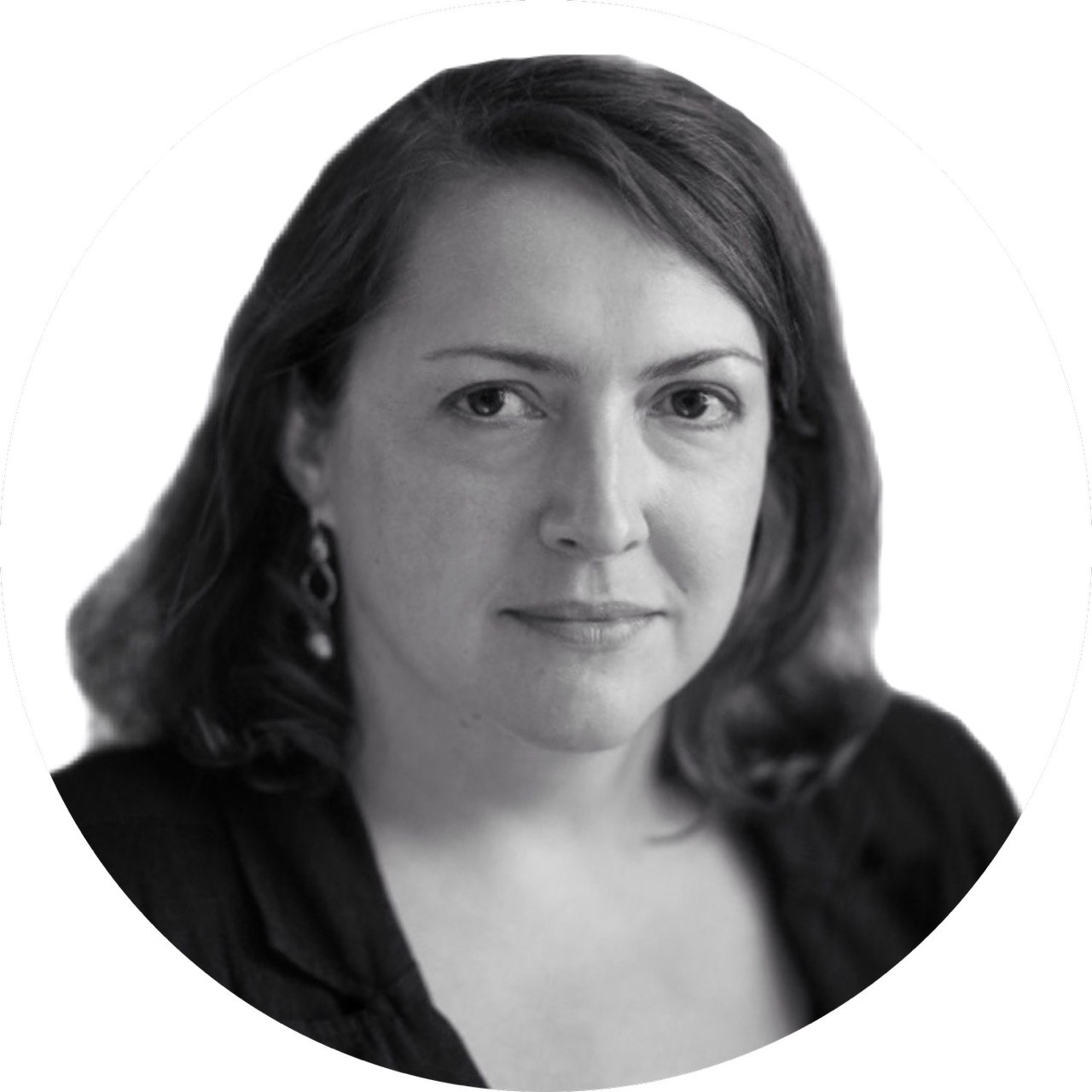
Global Academic Publisher, Director of Global Research Books & Reference, Oxford University Press
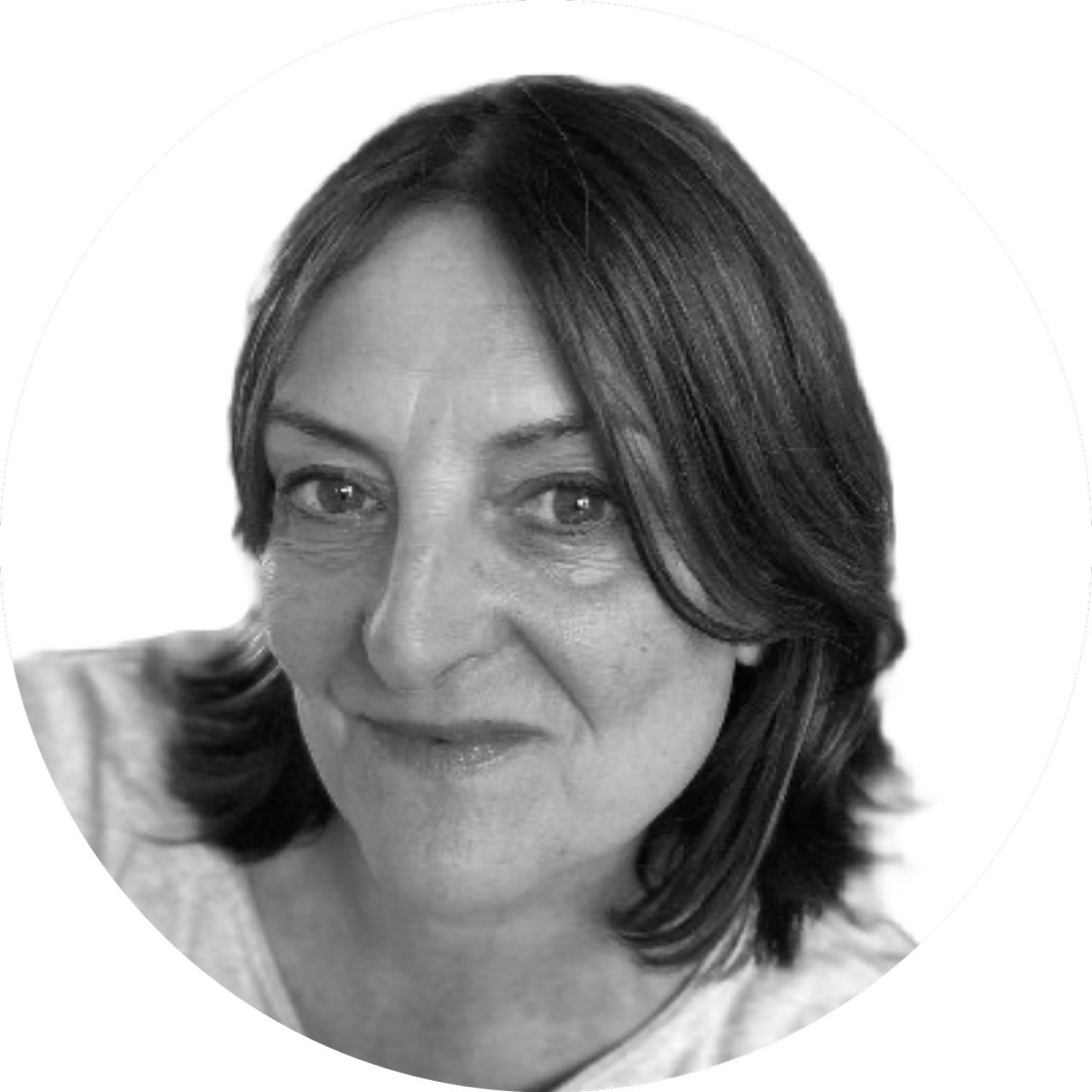
Head of Acquisition, Humanities, Oxford University Press
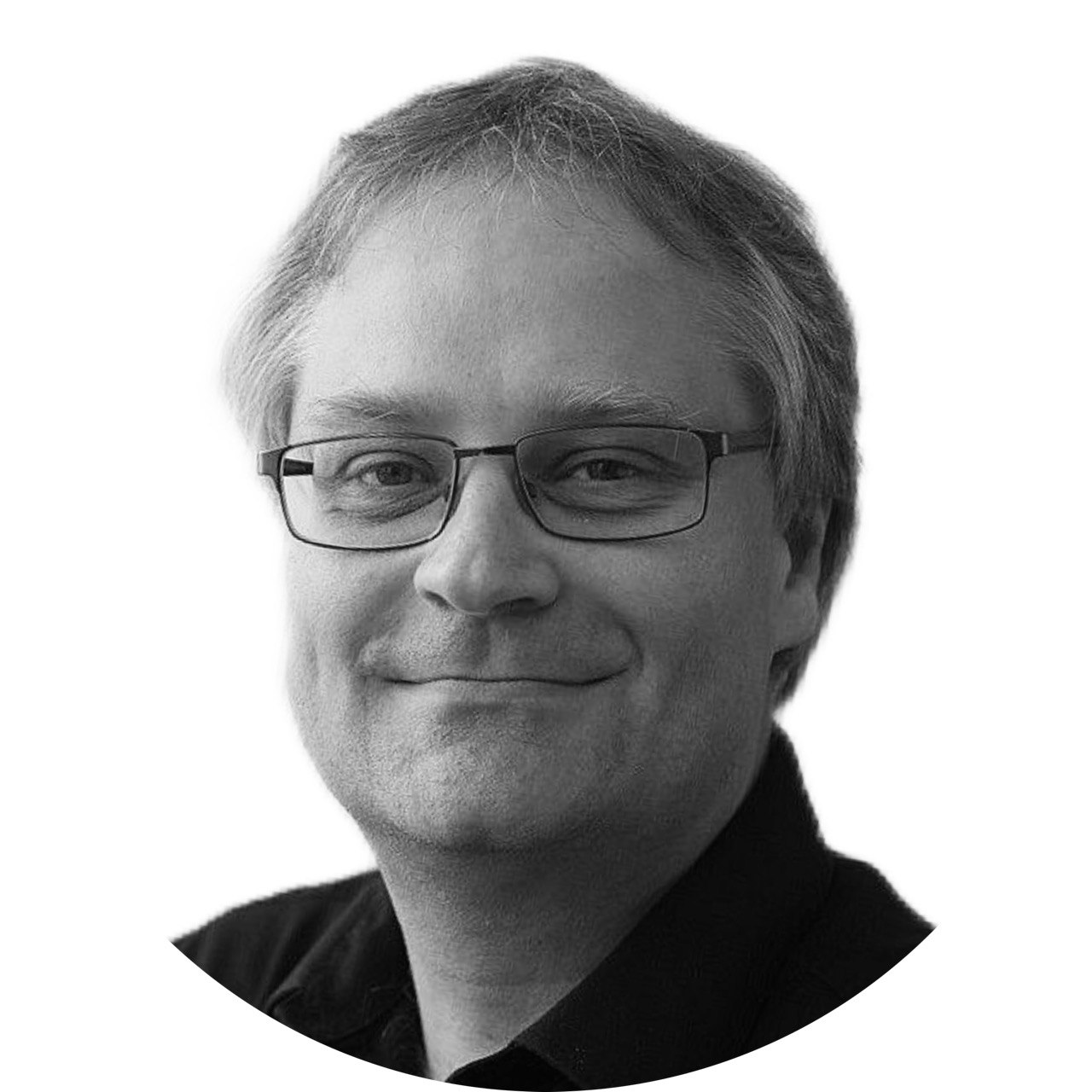
Deputy Executive Director, Institute of Ancient History, University of Tübingen
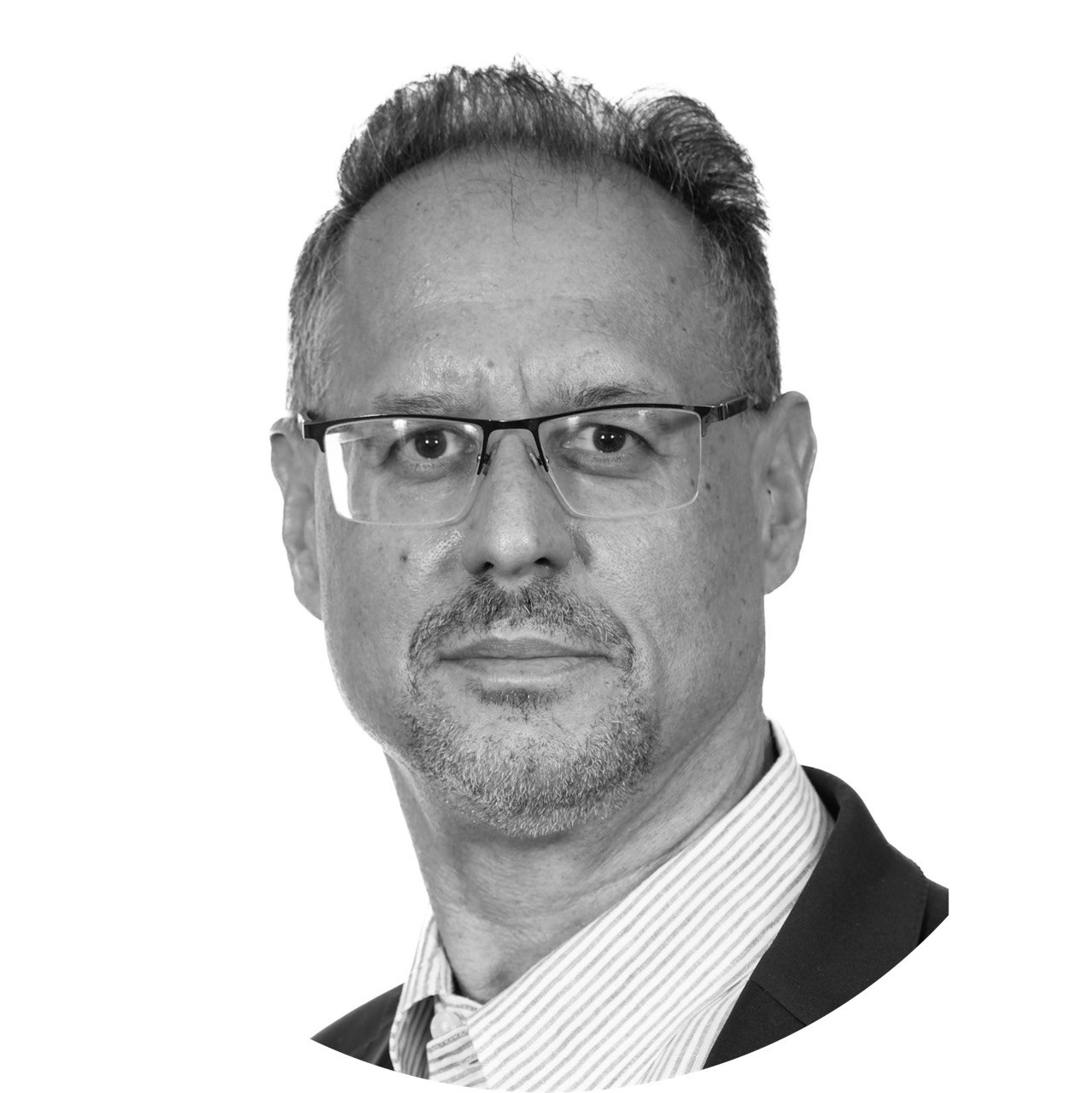
Director, Center for Eurasian, Russian, and East European Studies, Professor, Edmund A. Walsh School of Foreign Service/Dept. of History, Georgetown University
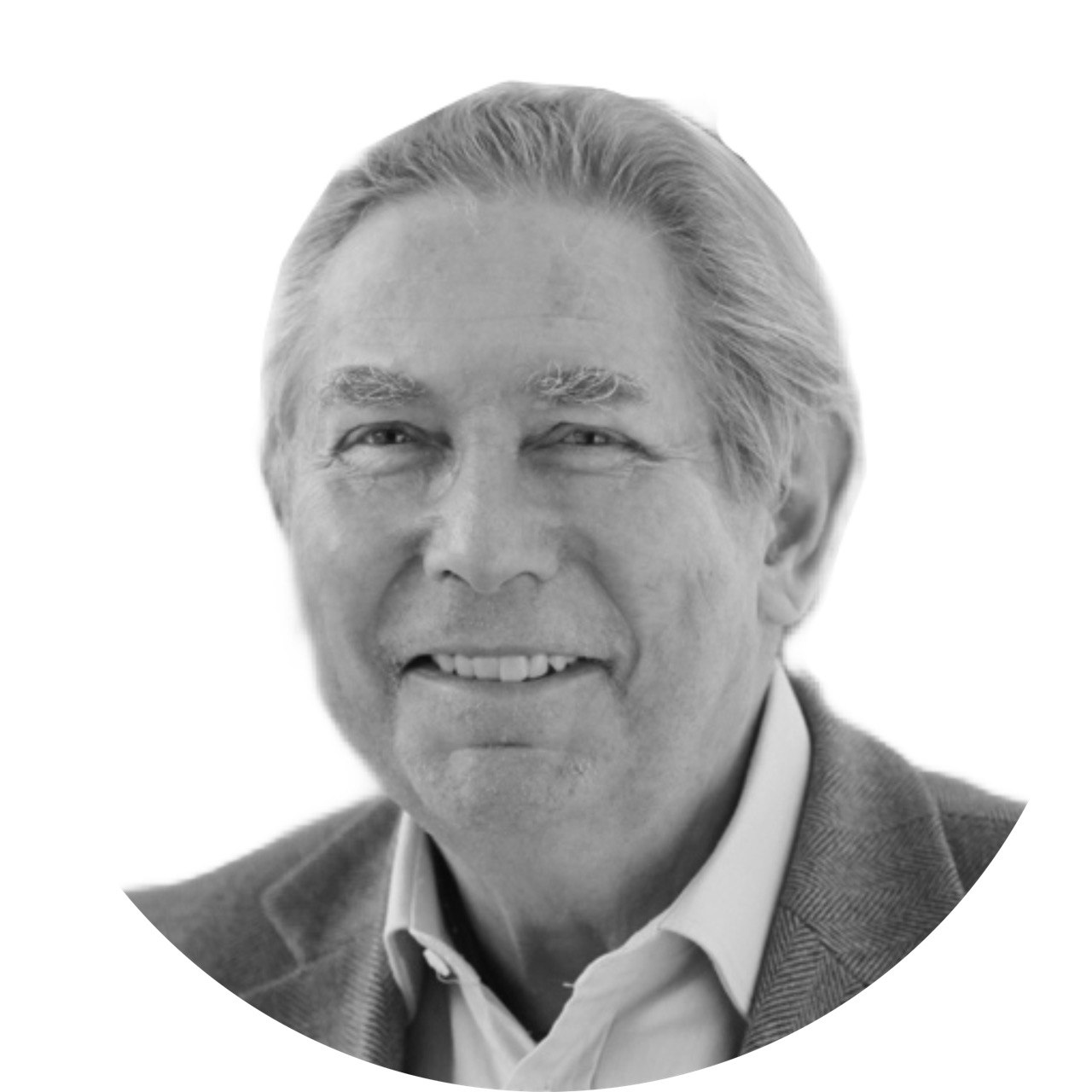
Emeritus Professor of Holocaust Studies at Brandeis University
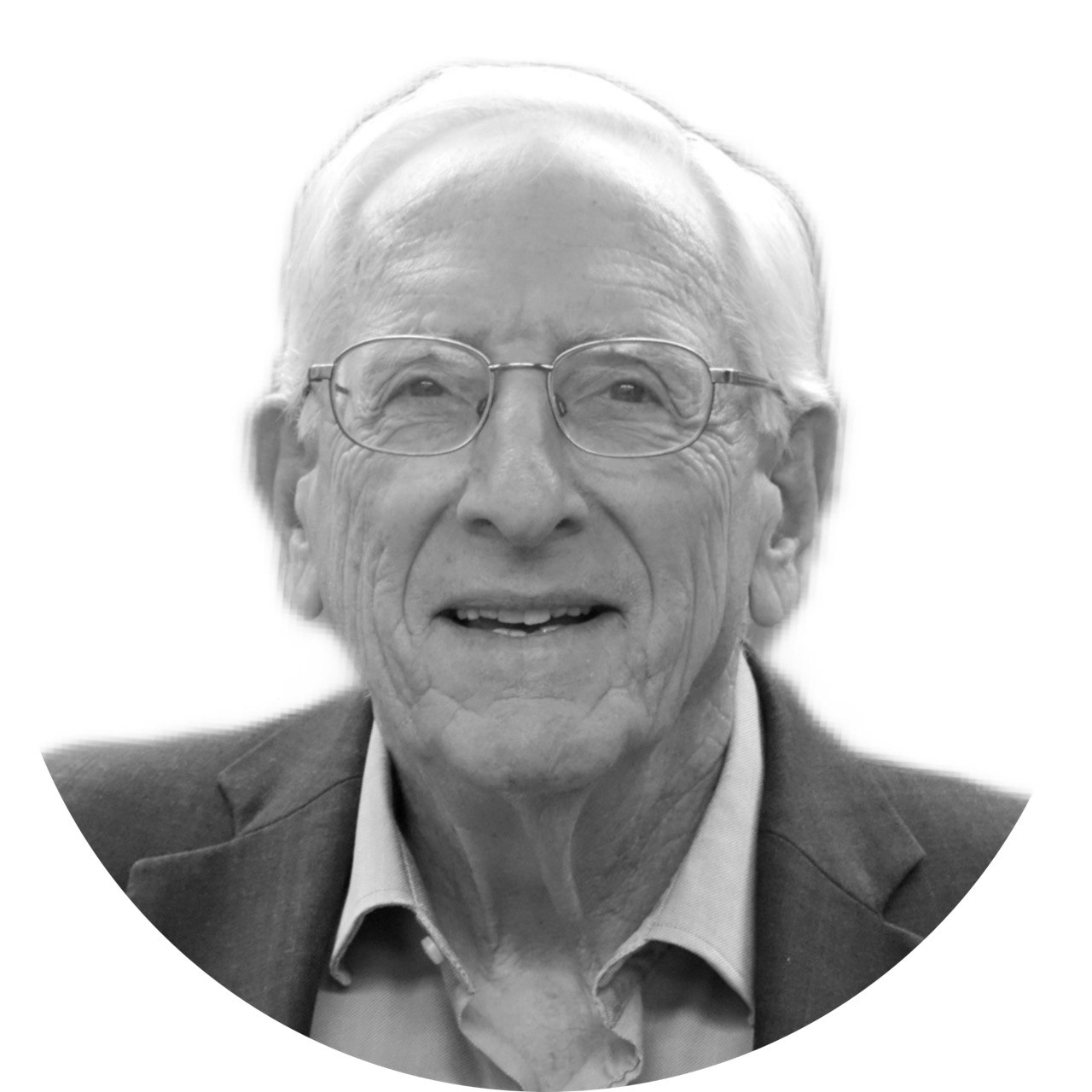
Visiting Distinguished Fellow, Hoover Institution; Robert and Florence McDonnell Professor of East European Studies, emeritus, Stanford University

Distinguished Professor of Democracy, Department of Political Science, University of Toronto, Co-Director of the Petro Jacyk Program for the Study of Ukraine

Jay Berkowitz Chair of Jewish History, University of Virginia
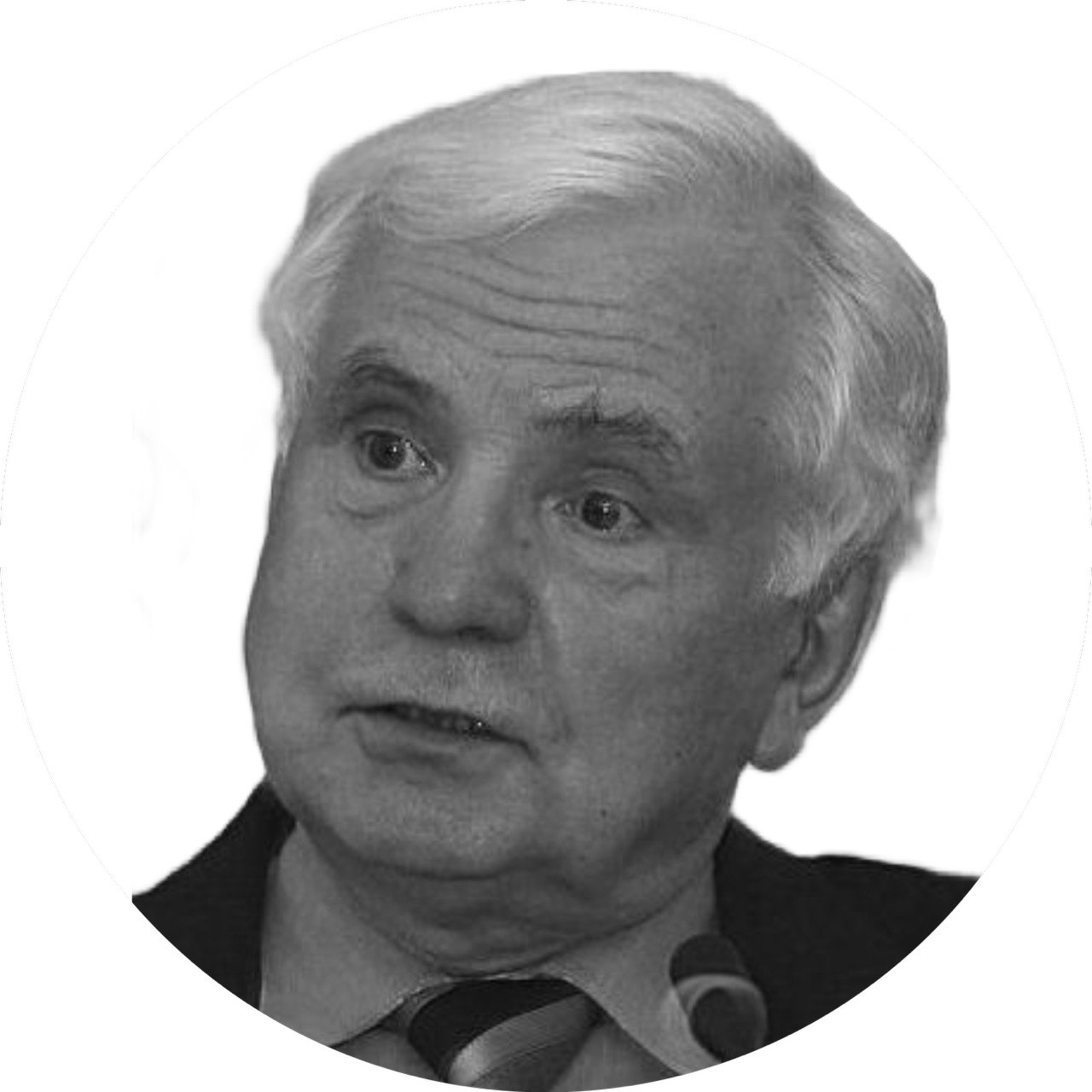
Professor of Ukrainian history emeritus at Harvard; Professor emeritus of history at the University of Michigan
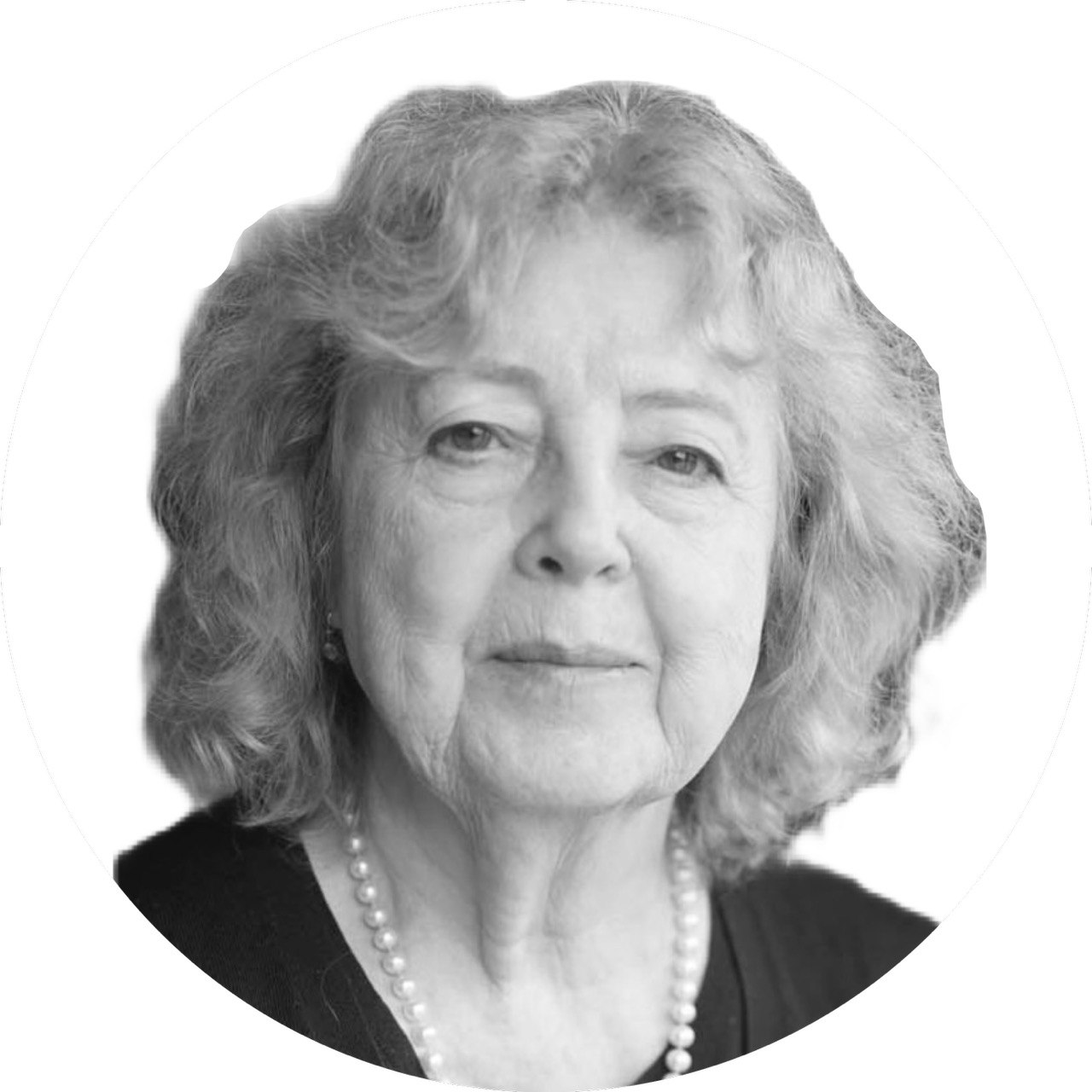
Princeton University
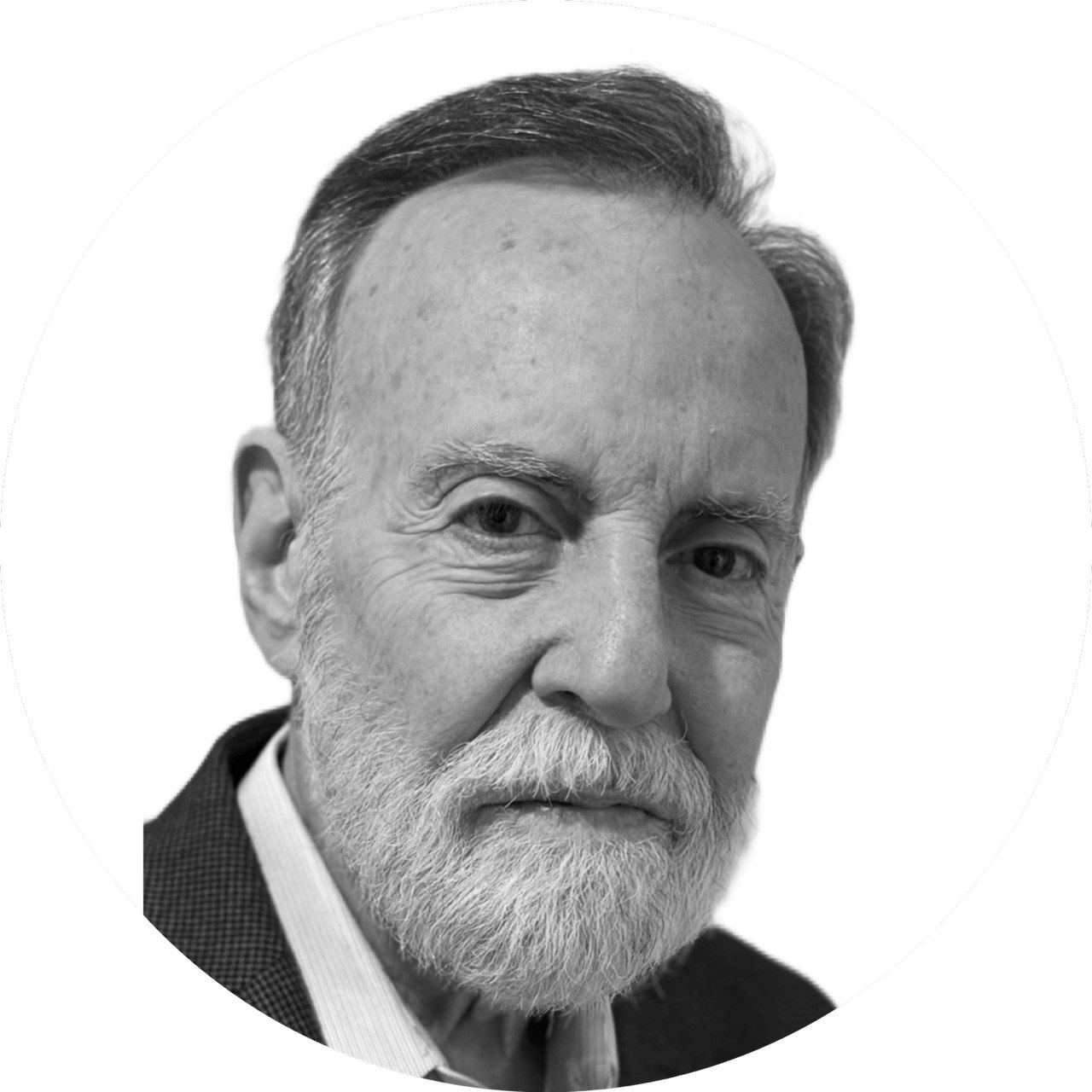
Oleksandr Potebnja Professor of Ukrainian Philology, Emeritus, Harvard University
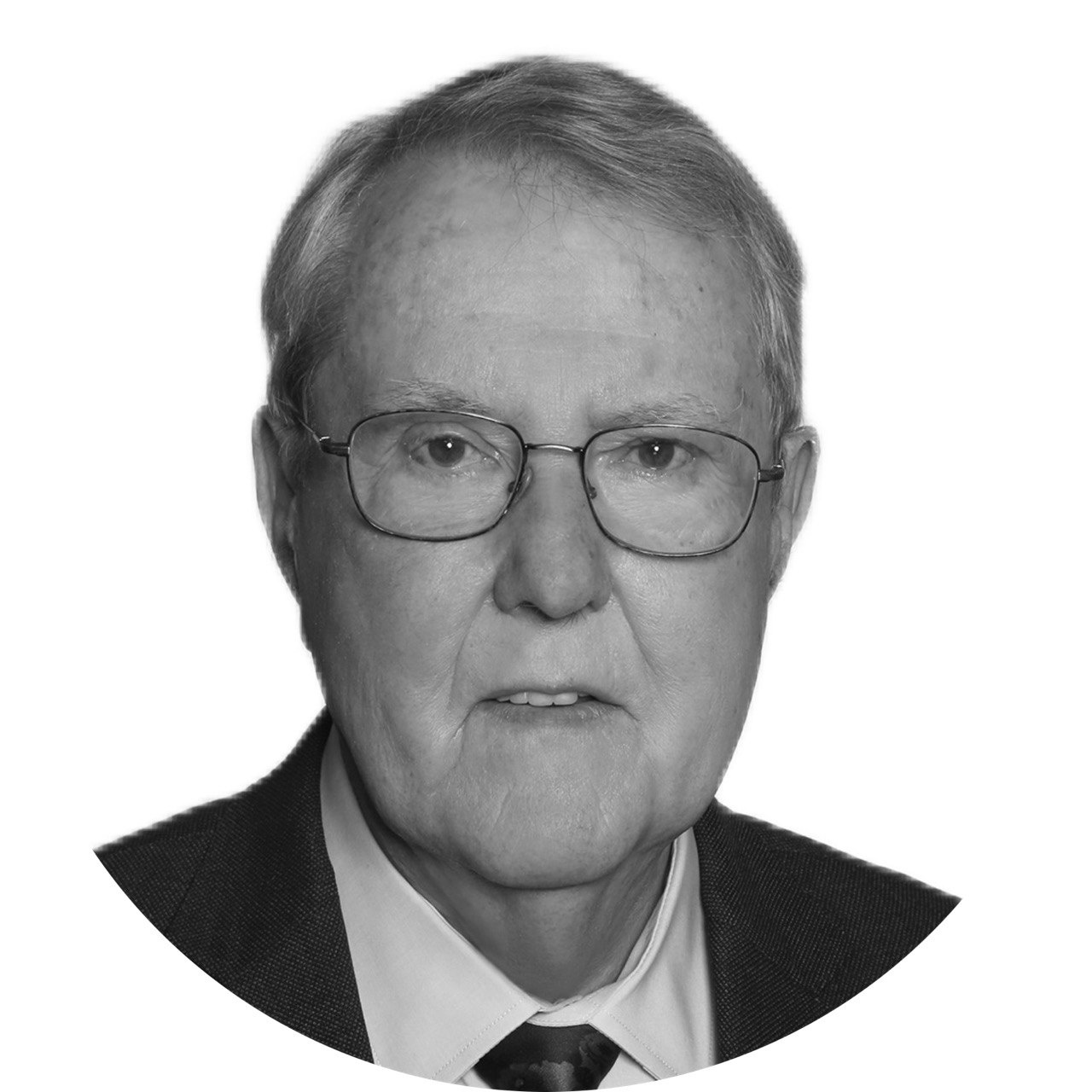
Associate, Visiting Scholar, Davis Center for Russian and Eurasian Studies, Harvard University
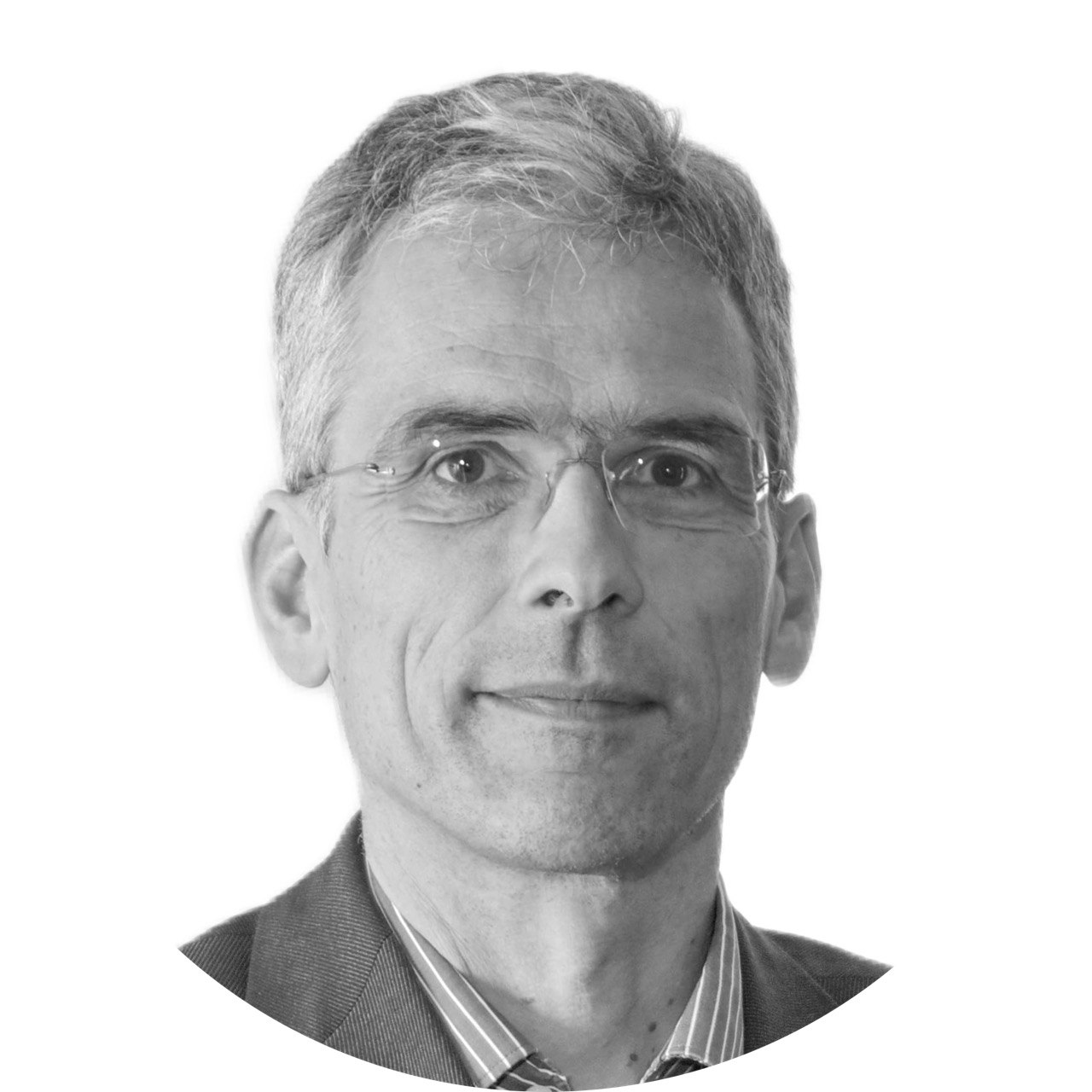
Imre Kertész Kolleg, Friedrich-Schiller-University Jena, Germany
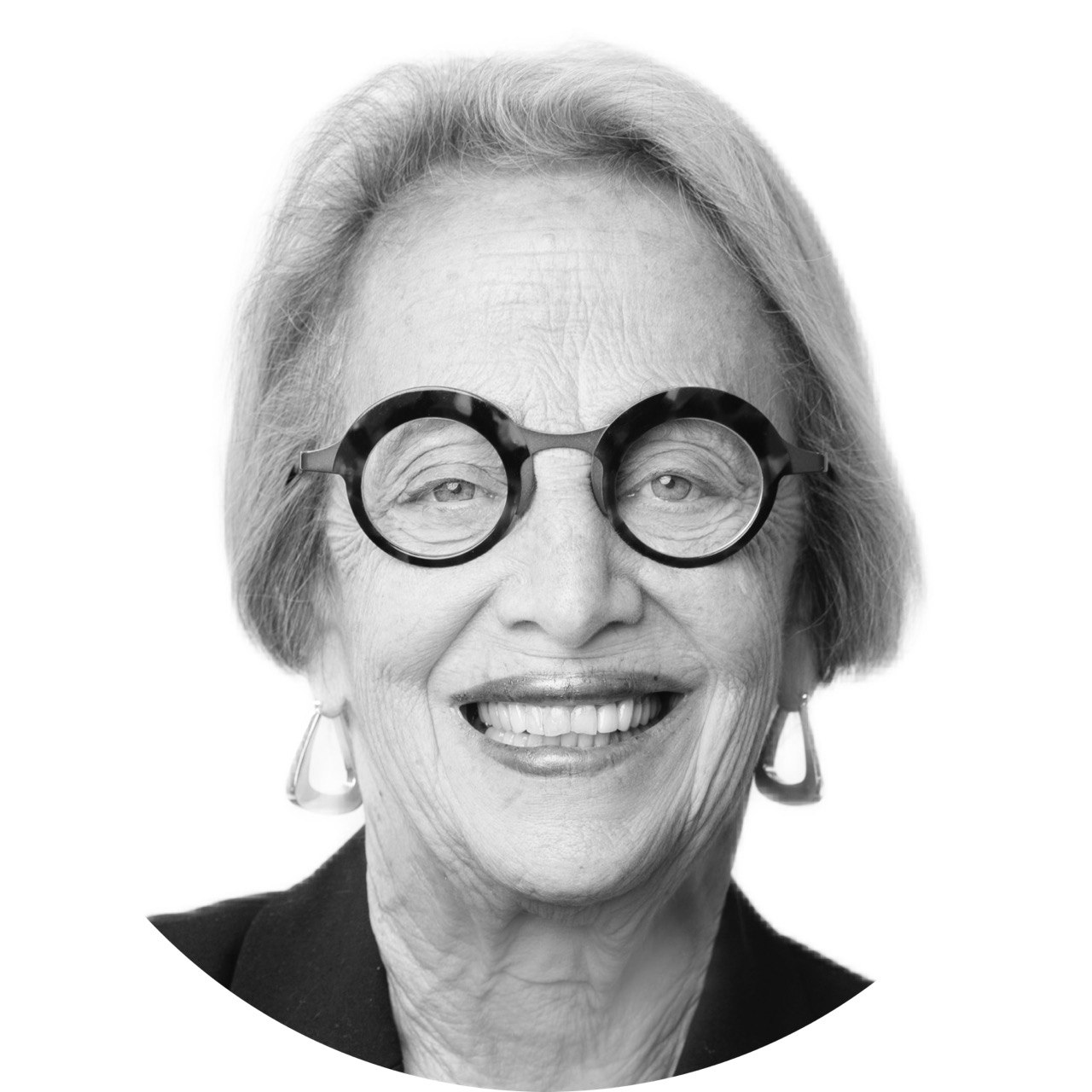
Belzberg Professor of Conflict Management and the Founding Director of the Munk School of Global Affairs and Public Policy at the University of Toronto
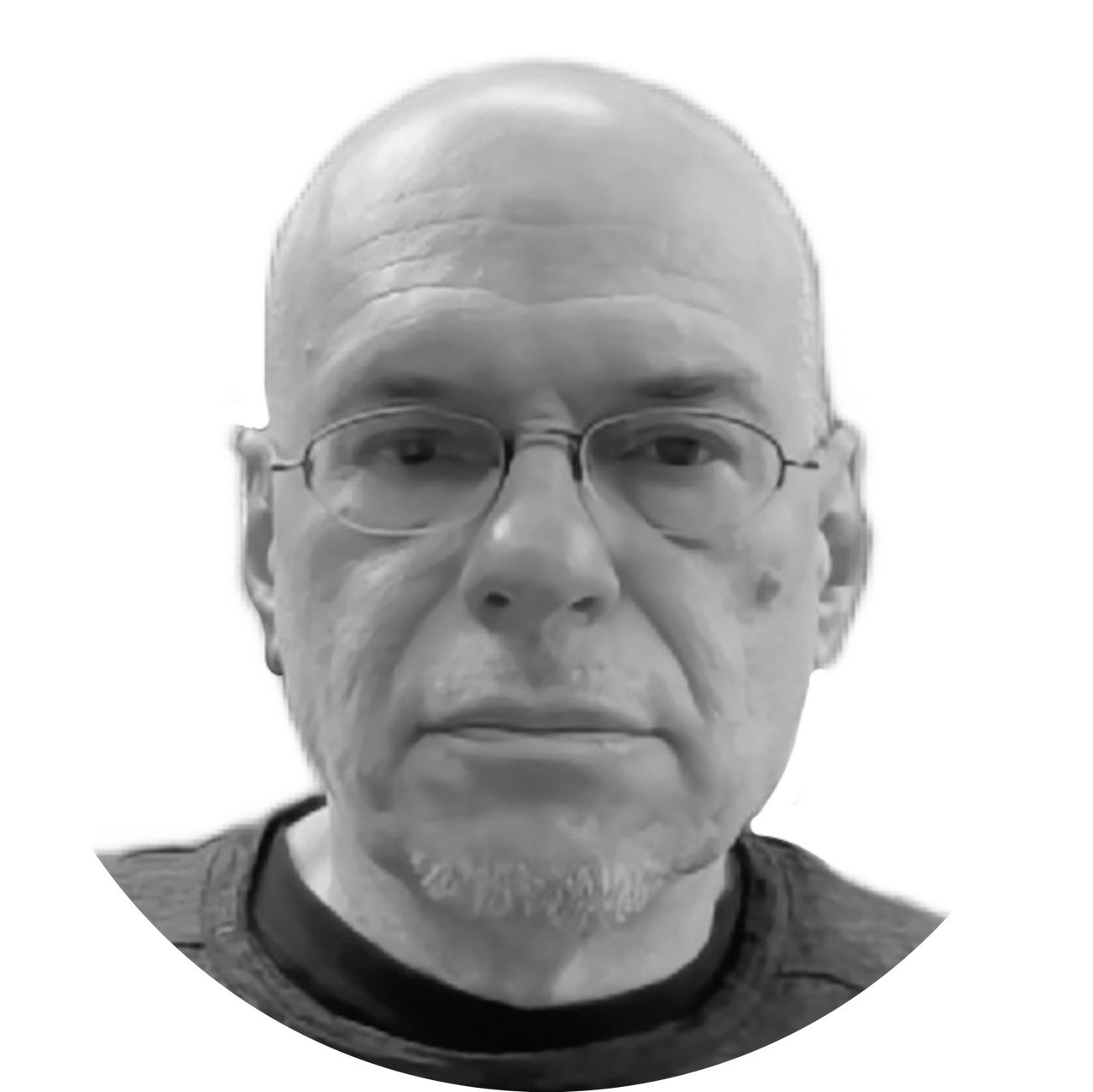
Associate Professor, Near and Middle Eastern Civilizations, University of Toronto
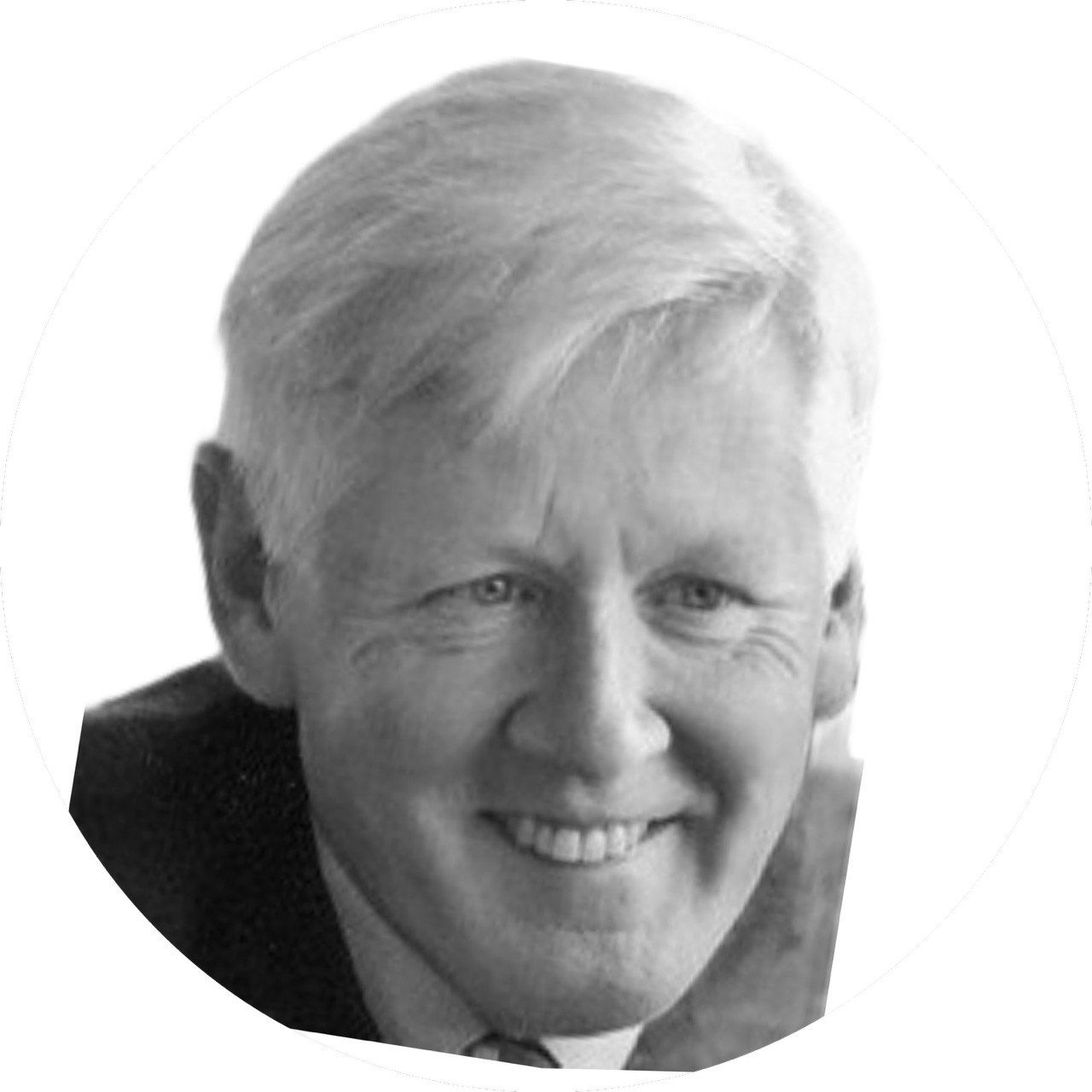
Former UN Ambassador and Ontario Premier, currently Senior Fellow and Visitor, Massey College, University of Toronto, and Matthews Fellow in Public Policy, Queen’s University
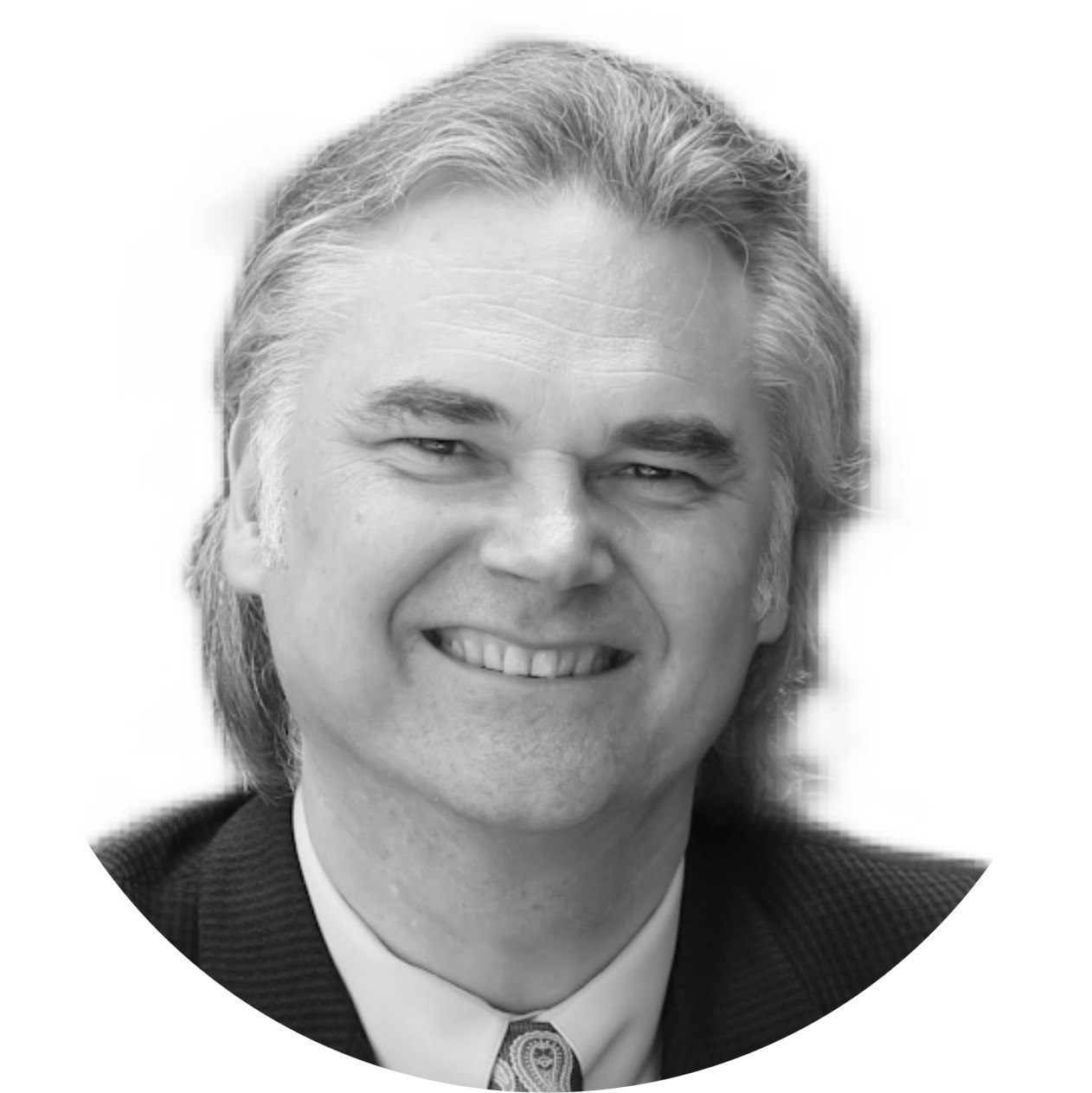
Director of Scholarly Publications, Canadian Institute of Ukrainian Studies, University of Alberta / University of Toronto
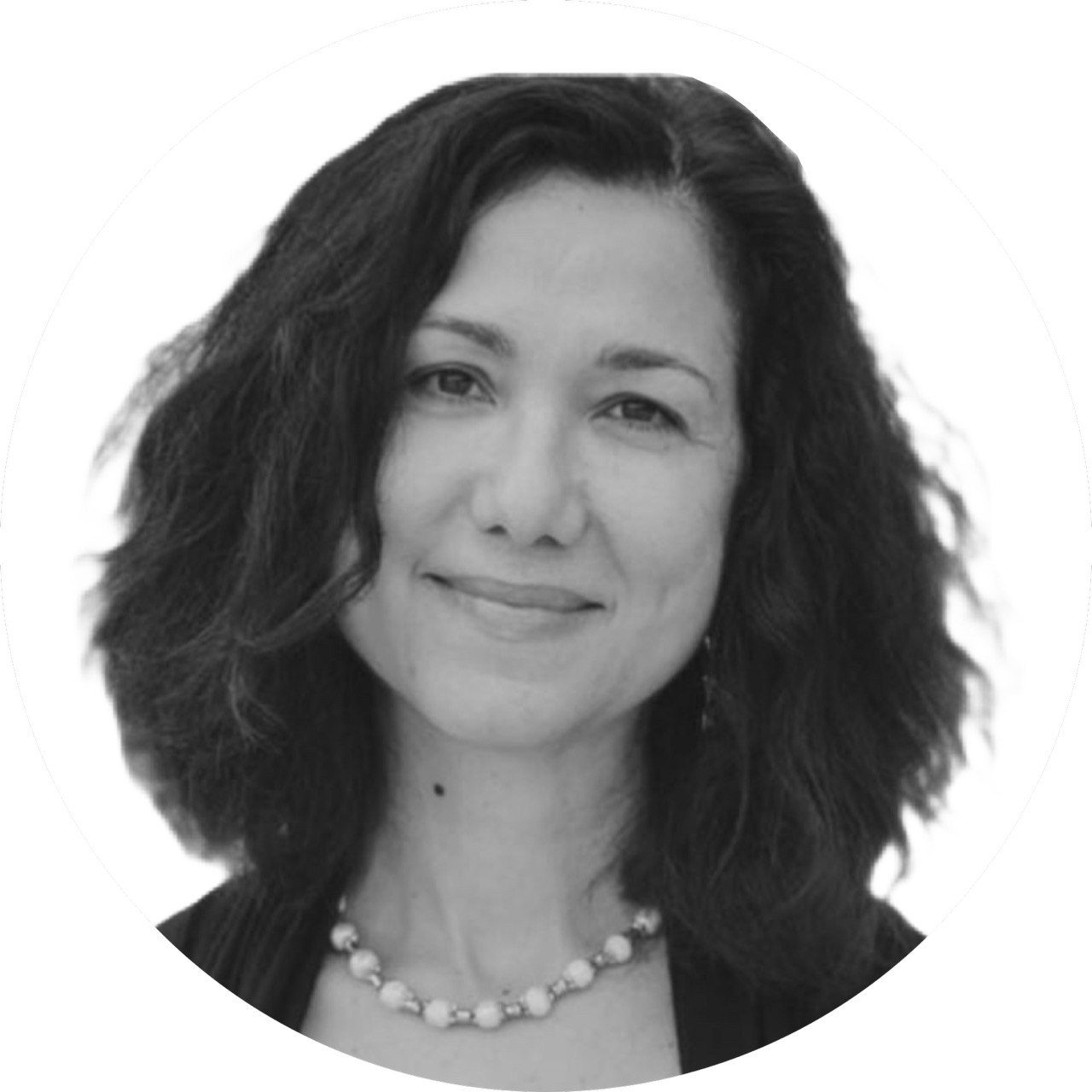
Professor in the School of Interdisciplinary Global Studies and founding Director of the USF Institute for Russian, European and Eurasian Studies at the University of South Florida